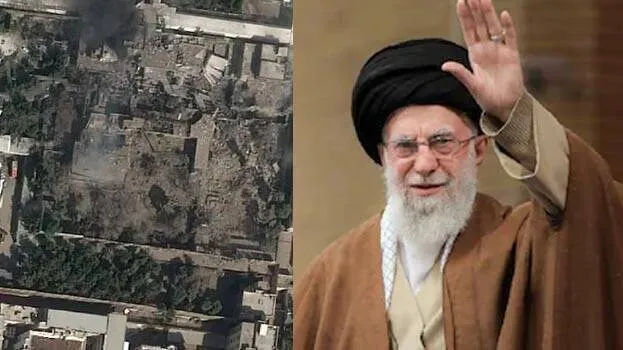Many of those experts were baffled last week when the emergency committee met for 2 days and remained split on the question of deciding a PHEIC, leading Tedros to put off the decision. “I think he should have declared a PHEIC then,” says Ashish Jha, who specializes on global health at the Harvard T. H. Chan School of Public Health. “But I don’t think this delay of 1 week has endangered the world in some massive way.”
Under the International Health Regulations (IHRs), a legally binding set of rules adopted in 2005, declaring a PHEIC gives WHO some additional powers over its member nations, including recommending travel restrictions that countries have to follow. WHO has little power to enforce those recommendations, however, and during the Ebola outbreak in West Africa, many countries closed their borders or restricted travel in direct contradiction of WHO recommendations.
Although the declaration does little to change the technical or logistical side of fighting an outbreak, there is also a political side to such a fight, Jha says. “A PHEIC just raises the level of political attention. And it gives more moral authority to WHO.” It can also mobilize resources to fight the outbreak, he adds.
Previous PHEICs include Ebola outbreaks in West Africa in 2014, the ongoing one in the Democratic Republic of the Congo (DRC), the pandemic flu in 2009, polio in 2014, and the Zika virus in 2016. The polio transmission and the Ebola outbreak in the DRC are still considered PHEICs by WHO.
The system itself may need an overhaul, however. At a previous press conference on Wednesday night, Tedros suggested the yes/no decision on a PHEIC needed to be changed. “The IHR now is PHEIC or no PHEIC, either green or red. I think we have to now revise that,” he said, suggesting there should be a yellow alert between the two states. “We hope that will address some of the controversies.” That idea has been discussed for years. For instance, a 2015 WHO-commissioned report on lessons learned from the West African Ebola outbreak raised the possibility of “an intermediate level that would alert and engage the wider international community at an earlier stage of a health crisis.”
Although no deaths from the novel coronavirus have been recorded outside of China, four other countries have reported human-to-human transmission of the virus: Germany, Japan, Thailand, and the United States, Tedros said on Thursday. “The only way we will defeat this outbreak is for all countries to work together in a spirit of solidarity and cooperation. We’re all in this together.”
Many of those experts were baffled last week when the emergency committee met for 2 days and remained split on the question of deciding a PHEIC, leading Tedros to put off the decision. “I think he should have declared a PHEIC then,” says Ashish Jha, who specializes on global health at the Harvard T. H. Chan School of Public Health. “But I don’t think this delay of 1 week has endangered the world in some massive way.”
Under the International Health Regulations (IHRs), a legally binding set of rules adopted in 2005, declaring a PHEIC gives WHO some additional powers over its member nations, including recommending travel restrictions that countries have to follow. WHO has little power to enforce those recommendations, however, and during the Ebola outbreak in West Africa, many countries closed their borders or restricted travel in direct contradiction of WHO recommendations.
Although the declaration does little to change the technical or logistical side of fighting an outbreak, there is also a political side to such a fight, Jha says. “A PHEIC just raises the level of political attention. And it gives more moral authority to WHO.” It can also mobilize resources to fight the outbreak, he adds.
Previous PHEICs include Ebola outbreaks in West Africa in 2014, the ongoing one in the Democratic Republic of the Congo (DRC), the pandemic flu in 2009, polio in 2014, and the Zika virus in 2016. The polio transmission and the Ebola outbreak in the DRC are still considered PHEICs by WHO.
The system itself may need an overhaul, however. At a previous press conference on Wednesday night, Tedros suggested the yes/no decision on a PHEIC needed to be changed. “The IHR now is PHEIC or no PHEIC, either green or red. I think we have to now revise that,” he said, suggesting there should be a yellow alert between the two states. “We hope that will address some of the controversies.” That idea has been discussed for years. For instance, a 2015 WHO-commissioned report on lessons learned from the West African Ebola outbreak raised the possibility of “an intermediate level that would alert and engage the wider international community at an earlier stage of a health crisis.”
Although no deaths from the novel coronavirus have been recorded outside of China, four other countries have reported human-to-human transmission of the virus: Germany, Japan, Thailand, and the United States, Tedros said on Thursday. “The only way we will defeat this outbreak is for all countries to work together in a spirit of solidarity and cooperation. We’re all in this together.”



